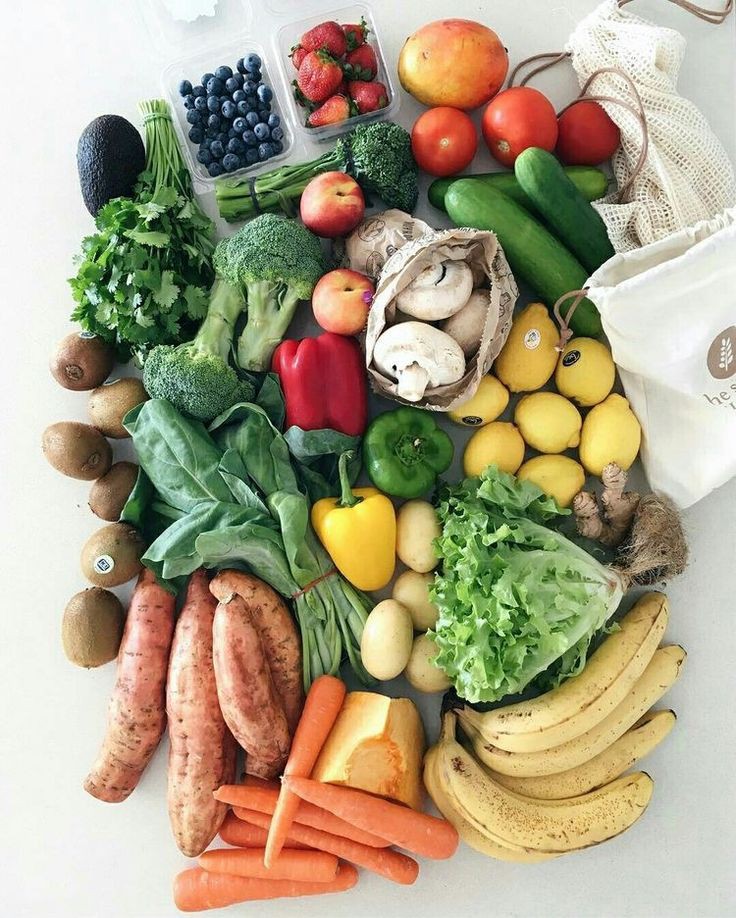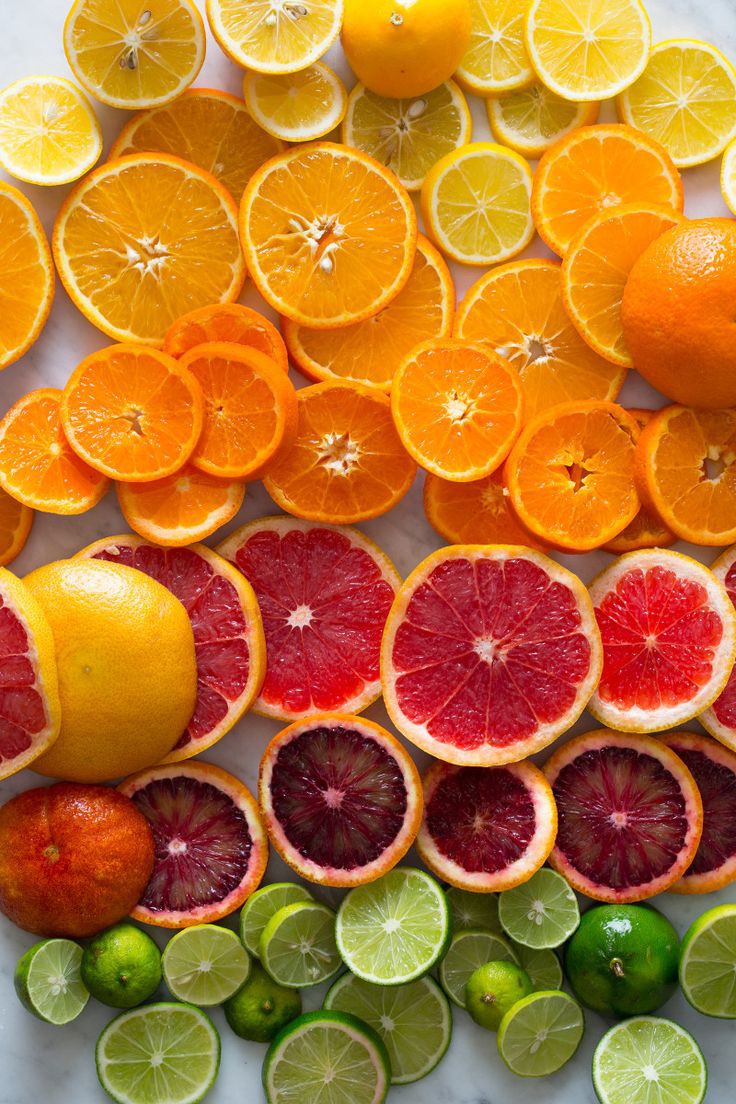This National Nutrition Week, a nutritionist discusses some of the diet mistakes we make when the weather begins to cool down!
It is critical for all of us to change our meal and snacking habits as the seasons change. To stay fit and healthy, it is critical to avoid common diet mistakes and incorrect nutrition combinations.
Some common dietary errors to avoid as the weather changes.
Nutritionist Sneha Sanjay shares a list of 6 diet mistakes that everyone should avoid:
Consuming deep-fried or oily foods
A hot and tempting plate of fried foods accompanied by a cup of tea or coffee is a delicious combination. However, this can set the stage for gastro complications and acidity. These ‘comfort foods’ are diet blunders that cause bloating and an upset stomach.
Instead, try steamed sprouts and steamed peanut salad, khakra with hot and sour veggie topping, roasted corn cob with butter, and so on.

Overindulgence in street food
We all know that during this season, we crave hot and fried snacks. However, this is one of the diet mistakes that lead to digestion problems such as bloating, gas, and sluggish digestion. Furthermore, there is sufficient moisture in the air, which is an ideal environment for bacterial and fungal growth, resulting in food poisoning. Because street vendors do not maintain proper hygiene, it is best to avoid eating street food.

Reduced hydration
People tend to believe that because the temperature has dropped, they do not feel like drinking even a small amount of water or fluids.
In fact, better hydration helps to maintain energy levels, reduces winter dehydration, combats weight gain, and makes a person less susceptible to infections or allergies.

Neglecting seasonal produce
Choose only locally available and seasonal fruits, vegetables, and greens to ensure ample immune-boosting abilities, ease of digestion, and antioxidant properties. These protect us from skin infections, which are more common during the changing seasons. The inclusion of seasonal foods also aids in keeping the body clean through the detoxification process.

Citrus sources were also avoided
It’s a common misconception that citrus foods cause colds and coughs. Citrus fruits, on the other hand, are a good source of vitamin C, which is important for improving immunity and fighting infections, making them essential, especially in the winter. Because of the sourness of these fruits, we tend to avoid them during the changing seasons, compromising immunity. Citrus fruits can also be consumed in the form of juices, salads, or simply as fresh fruit.

Consuming raw or uncooked food
Eating raw food allows pathogens to enter our bodies immediately, which can be harmful to our health. Cooking meals aids in the destruction of harmful bacteria. As a result, eating uncooked or raw food can lead to bacterial and viral infections. Cooked food is much easier to break down and digest after we eat it.
